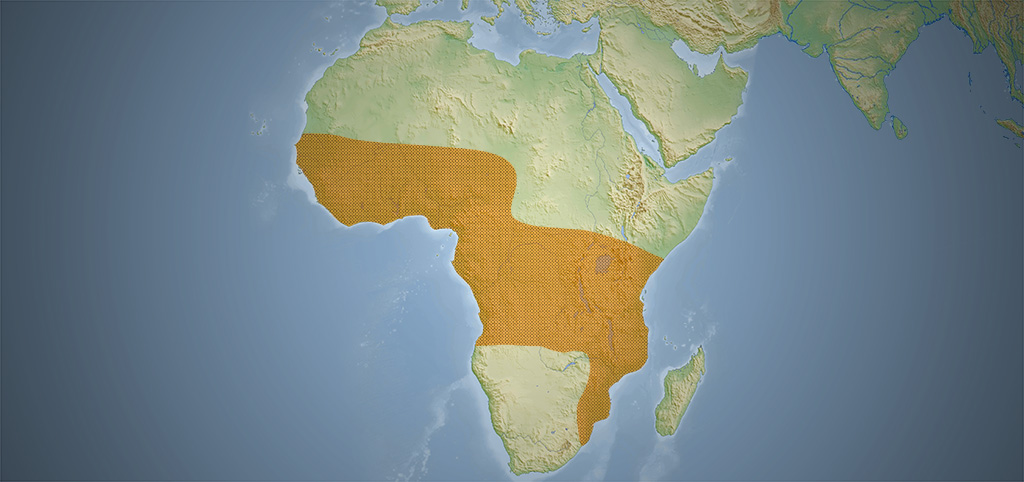New Associations between Specific Antibodies to 'P. falciparum' and EBV in Children with Endemic Burkitt Lymphoma
The results demonstrate the interplay between both infections in the development of the most prevalent paediatric tumour in Sub-Saharan Africa
27.10.2017
Researchers from ISGlobal, an institution supported by “la Caixa” Foundation, collaborate to explore the interplay between Plasmodium falciparum and Epstein Barr Virus (EBV) in the development of endemic Burkitt lymphoma (eBL) in African children. The study, published in Frontiers Immunology, identifies new antibody profiles associated to tumour development and suggest mechanisms by which the malaria parasite modulates the association between EBV and eBL.
eBL is one of the most prevalent paediatric cancers in Sub-Saharan Africa, and is strongly associated with EBV infection. eBL is limited to malaria endemic zones, and there is evidence suggesting that P. falciparum facilitates EBV infection and reactivation. The intensity and timing of both infections are thought to play a role, but their interplay in lymphoma development remains poorly understood. In 2012, the International Agency for Research on Cancer / WHO categorized P. falciparum infection as a probable carcinogen (group 2A), stressing the need for more studies in humans.
Using a serological multiplex strategy, the authors measured levels of IgG and IgM antibodies to 4 EBV and 15 P. falciparum antigens (proteins) expressed during different infective stages, in a cohort of more than 400 Malawian children with or without eBL. The results confirm a strong correlation between EBV IgG levels and eBL. Independent associations were also observed for a few antibodies to Plasmodium proteins and particularly for antibodies to MSP-3. Furthermore, an additive effect between EBV and Plasmodium antibodies was observed, whereby the presence of both increases the risk beyond the addition of independent risks. Overall, the results suggest a more persistent malaria exposure and a weaker IgM response to both pathogens in children with eBL, and indicate that the malaria parasite can differentially modulate the EBV-eBL association according to the infection stage (blood vs liver).
“The ‘ecological’ association between EBV and malaria has been demonstrated at the population level, but this is one of the few studies at the individual level that evaluates many P. falciparum and EBV antibodies and finds a synergy between both infections” says Ruth Aguilar, first author of the study. “These results pave the way for future studies that should include clinical, immunological and molecular data on EBV and P. falciparum infections, for a better understanding on their interplay in the risk of cancer” adds Carlota Dobaño, ISGlobal researcher and study coordinator.
Manolis Kogevinas, head of the Cancer Programme at ISGlobal and co-author of the study points out that “this publication is the result of a SUMA project and is one of the first joint studies between the institute’s two areas (communicable and non-communicable diseases)”.
Reference:
Aguilar R, Casabonne D, O´Gallaghan C, et al. Assessment of the combined effect of Epstein-Barr virus and Plasmodium falciparum infections on endemic Burkitt lymphoma using a multiplex serological approach. Front. Immunol., 26 October 2017



